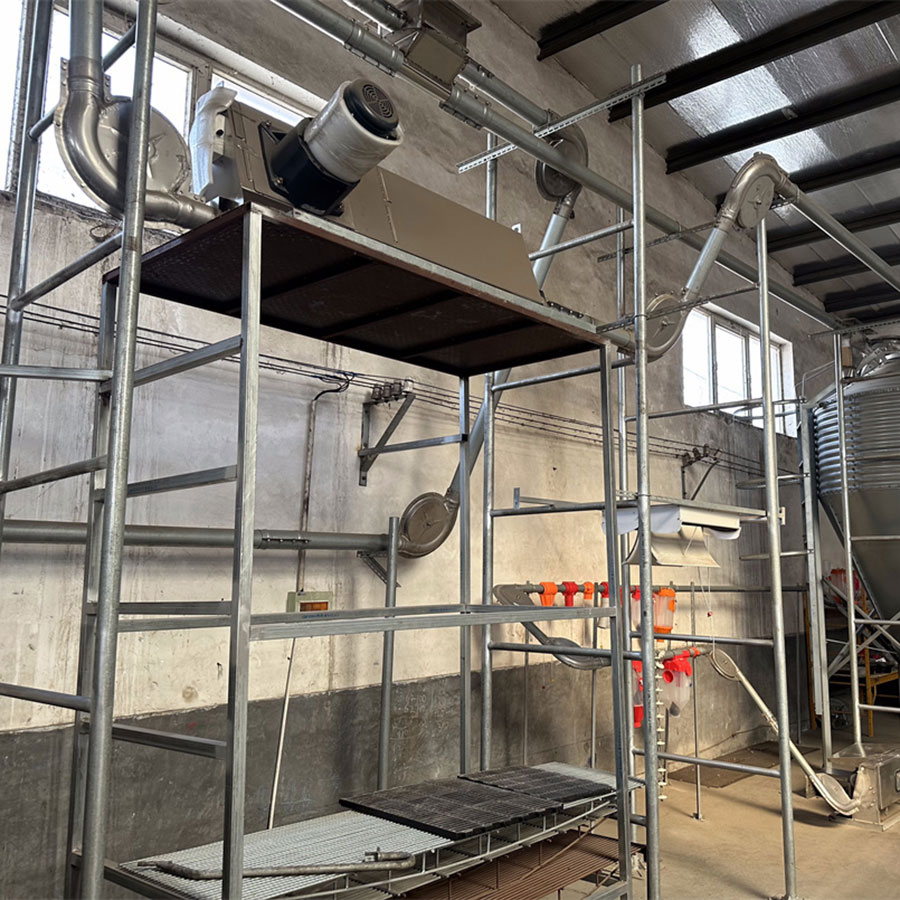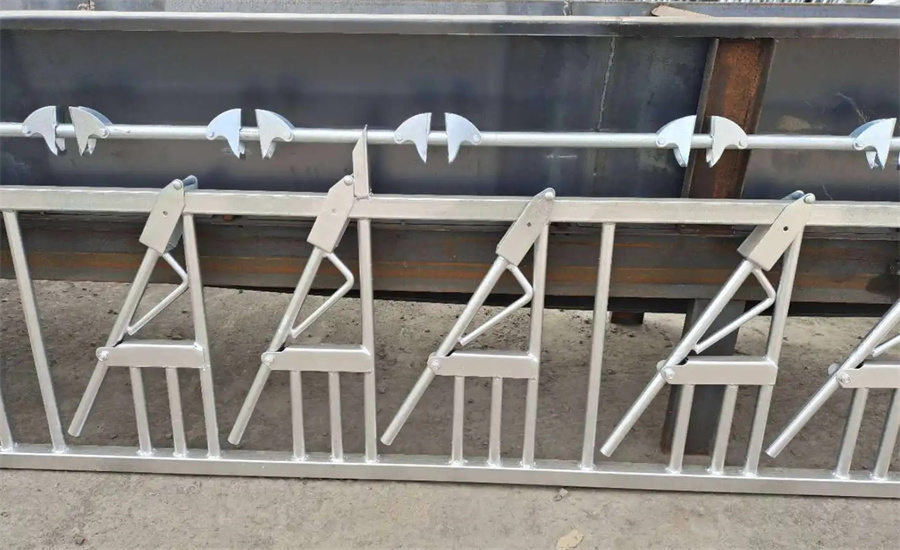We get too romantic about farming: “Nature is not gentle. Farming is always against nature. If you don’t do anything, almost only weeds grow in the field, pests eat up what little I can still harvest.” [writes farmer Timo Küntzle]. Farming is always the preference of a certain plant over all others. Even plowing kills everything that grew there. So it’s bad for biodiversity. If there were no agriculture in Europe, forests would be almost everywhere as they were before humans settled down. “What we understand by nature is already a cultural landscape anyway.”
Nature is not healthy either: Pests leave behind poisons, some weed seeds are poisonous for humans because they contain alkaloids, for example the deadly ergot alkaloid in grain. Sow And Weaner Ingredients

This is how the qualified farmer Timo Küntzle imagines the ideal agriculture: Intensively cultivated fields next to extensive areas as a habitat for more biodiversity. Sufficient productivity is ensured on the intensive areas to feed us with as few imports as possible – keyword problematic supply chains.
One could bring more diversity to the cultural landscape by reducing fields, laying them out in strips so that they can still be managed effectively mechanically. But that has nothing to do with organic or conventional. Large organic fields are worse for biodiversity than small conventional ones.

Sow Farrowing Crate This is an excerpt. Read the original post here